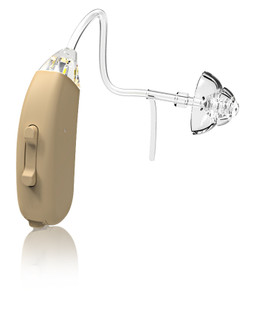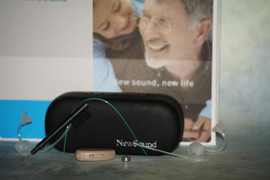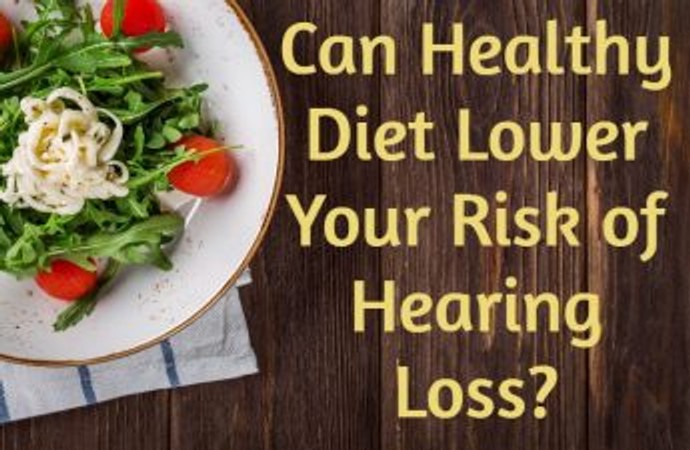Can Healthy Diet Lower Your Risk of Hearing Loss?
Posted by DR Paul on Nov 09, 2024
Imagine being able to enjoy the sound of birds chirping on a sunny morning or listening to your favorite music without any interruptions. For many, maintaining such auditory pleasures is crucial, yet often taken for granted until it's too late. While hearing aids can dramatically enhance life quality for those with hearing loss, what if there were ways to preserve your natural hearing abilities longer? Enter the world of nutrition! In this blog post, we'll explore how a healthy diet might play an unexpected role in lowering your risk of hearing loss. Whether you're already using hearing aids or simply want to safeguard your hearing health, this topic has something valuable for everyone.
Connection between diet and overall health
To begin with, let's delve into the connection between diet and overall health. It’s no secret that what we eat significantly impacts our wellbeing. From reducing heart disease risks to managing diabetes, nutrition is at the core of preventive healthcare. Similarly, recent studies suggest that certain nutrients may support ear health and potentially lower the risk of age-related hearing decline. So what are these magical dietary components?
First on the list are antioxidants like vitamins A, C, and E. These powerful compounds help protect cells from oxidative stress—a process that can damage various tissues in our body, including those in our ears. Foods rich in these vitamins include leafy greens like spinach and kale, vibrant fruits such as oranges and strawberries, and nuts which are great sources of vitamin E.
Next up is omega-3 fatty acids found abundantly in fish like salmon and mackerel as well as flaxseeds and walnuts for plant-based options. Omega-3s are known for their anti-inflammatory properties which can improve blood circulation throughout the body—including within the delicate structures of our inner ears—potentially preserving their function over time.
Furthermore, minerals like magnesium also come into play when considering ear health. Magnesium helps maintain healthy nerve function—and yes—that includes nerves related to sound processing! You’ll find this mineral in foods such as avocados, bananas, dark chocolate (a delightful surprise!), and whole grains.
Another essential nutrient linked to reduced risk of hearing loss is folate—a type of B vitamin found in beans, lentils, spinach again (showing up twice on our list!), and asparagus among others. Folate aids DNA repair processes which could prove beneficial for maintaining hair cells within the cochlea—a critical part responsible for translating sound waves into nerve signals that reach your brain.
Finally but importantly comes zinc; it enhances immune system strength which may help fend off ear infections—an indirect yet significant contributor towards preventing potential long-term auditory issues if recurrent infections go untreated over time.
Incorporating a balanced diet filled with these nutrient-rich foods won’t just benefit your waistline—it might very well be protecting one of your most precious senses: your ability to hear each day! While more research continues into exactly how much influence nutrition holds over auditory preservation specifically—what remains clear is adopting healthier eating habits offers numerous benefits across multiple facets of life including potentially reducing one's likelihood of facing premature hearing loss challenges later down the road.










